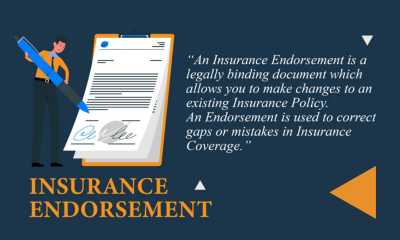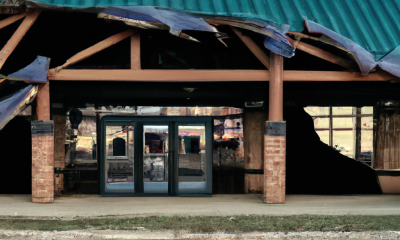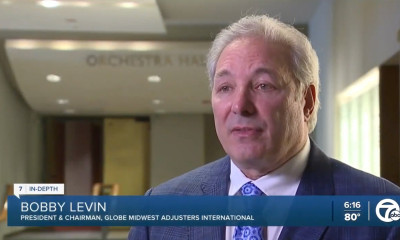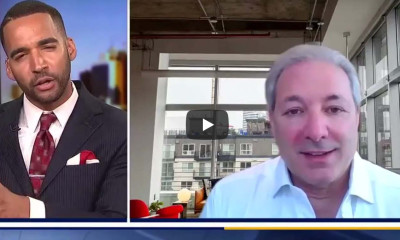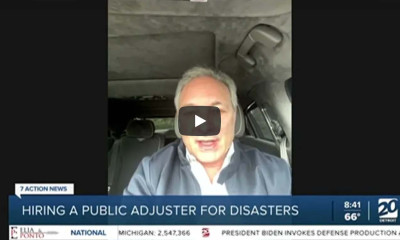No matter the nature or size of your company, you’ll need business insurance to protect it. There are numerous aspects to consider when looking for a new policy or reviewing your current coverage. Because all companies are unique, their insurance requirements may vary. For instance, a business that sells physical products may require different coverage than one offering services. In this guide, you’ll learn which types of business insurance you’ll need.
For Your Employees: Worker’s Compensation Coverage
In most areas, worker’s compensation insurance is a legal requirement. Worker’s comp provides coverage for medical bills and a portion of lost income for employees who become sick or are hurt on the job. Because worker’s compensation laws may differ depending on where a company is located, it is important to consult a public adjuster or other professional to ensure you’re getting the necessary level of coverage.
For Your Company: General Liability Coverage
A general liability policy protects you and your company from a range of perils, such as injuries, accidents, or allegations of negligence. This type of policy may pay for things such as medical bills, property damage, slander, libel, legal bills, and defective products. While no business owner expects to be sued, in today’s litigious society, it’s a real possibility. The broader your protection, the less open your company is to such situations.
For Your Profession: Errors and Omissions Insurance
Errors and omissions insurance is sometimes known as professional liability or malpractice insurance. This kind of coverage protects you from litigation alleging negligence in the provision of professional services or making omissions or mistakes. Errors and omissions insurance is crucial for service-based businesses, but other companies may need it as well. Mistakes happen, and a professional liability policy may be helpful, even if you don’t believe you’ll ever use it.
For Your Building and Its Contents: Property Insurance
The term “property” has a broad definition, and it may mean different things to different business owners. Therefore, having enough commercial property insurance is a must. An all-risk policy covers almost everything, while named peril policies cover specific risks. Without property insurance, you may find it hard to replace inventory or equipment if it’s damaged or destroyed.
For Executives: Life Insurance
Employee and executive life insurance is a valuable benefit to offer when attempting to lure top talent. Executives and high-level board members are crucial to the successful operation of a business, and these team members may need coverage above and beyond that provided by conventional employee benefit packages. A “key person” insurance policy protects against a crucial employee’s death by providing a benefit amount equivalent to the expected costs and revenue loss associated with finding and training a suitable replacement.
Even if you believe you have enough coverage to meet your workers’ and your own needs, it’s still wise to review your policies at least once per year. This is especially important if you or your company have gone through any major changes. Furthermore, be sure to team up with a licensed agent or public adjuster who has experienced with companies like yours.


